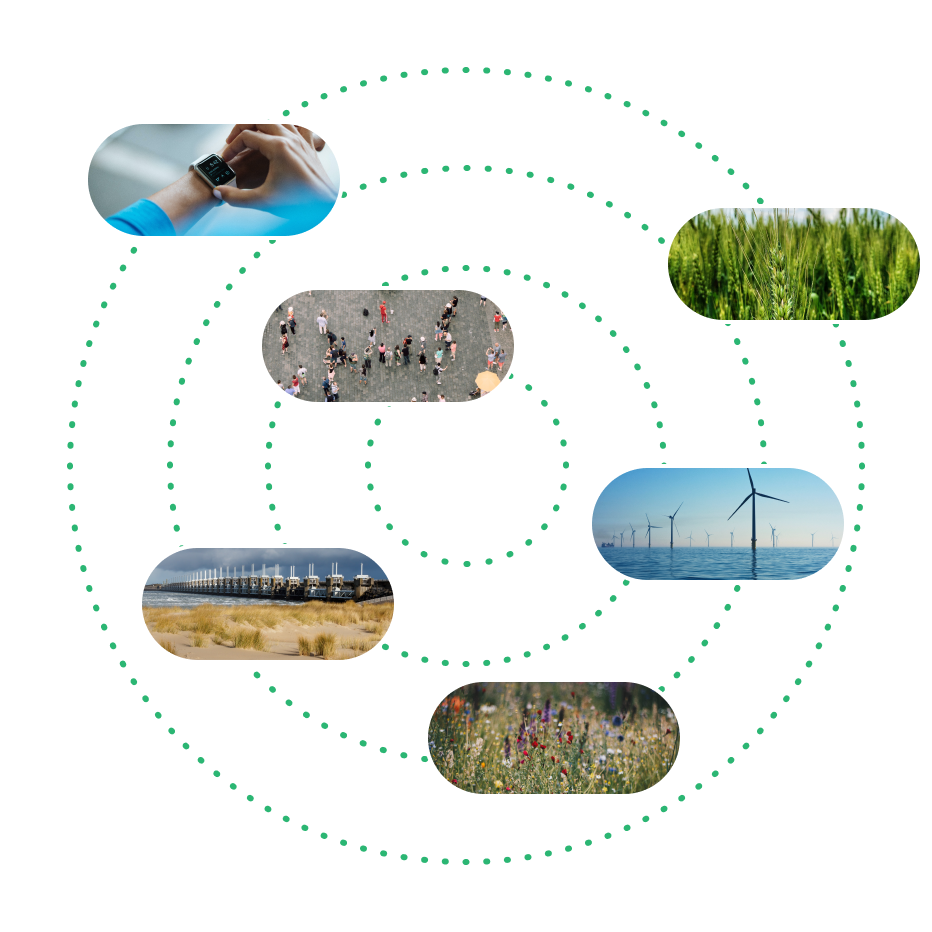EGU25 Session: New Developments in Earth System Modelling

The ESM2025 Project invites your abstract submissions for its EGU25 session until January 15, 2025.
Key messages
The ESM2025 project is organising an EGU25 session that can be of interest for researchers working in the development of Earth system models. If that’s you and you’re attending the conference, you can submit your abstract until January 15, 2025, 13:00 CET for studies focusing on:
- The latest advances in the representation of new couplings and interactions within state-of-the-art Earth system models
- Novel experimental designs to help improve quantification of these feedbacks, including those targeting CMIP7 activities
- Novel approaches for evaluation and benchmarking of ESMs with the most advanced and novel Earth observational datasets and reanalysis datasets
- Methods that include Artificial Intelligence and Machine Learning to progress ESM representations or the evaluation and benchmarking of ESMs.
Aim
This session, CL4.9, convened by Birgit Hassler (DLR), focuses on advances in Earth System Models, including:
- New couplings and improved representations of interactions in ESMs.
- Benchmarking and evaluation using advanced observational and reanalysis datasets.
- Applications of AI/Machine Learning to enhance model evaluation and representation.
- Discussions on feedbacks and high-impact events.
Coupled Earth system interactions such as feedbacks and potential abrupt changes are a significant source of uncertainty in our current understanding of the Earth system and how it might respond to future human interventions.
These coupled interactions involve and influence many components of the Earth system, such as the terrestrial biosphere, oceans, cryosphere, and atmosphere. They induce not only important controls on the exchange of CO2, CH4, N2O, and biogenic VOCs, but also on major high impact events such as compound extremes, ice sheet and ocean circulation collapse, extreme wildfires and forest dieback.
State-of-the-art Earth System Models therefore include more and more of physical, biogeochemical and biophysical processes to represent these couplings. There is therefore a need to credibly assess such developments and capabilities for effective research on climate variability and change. This calls for novel approaches for benchmarking and evaluation of ESMs including for cross-domain and process -based evaluation, observational uncertainties, science and performance metrics and benchmarks.
Abstract deadline
January 15, 2025, 13:00 CET. Submit your abstract here.

Comments
There is no content